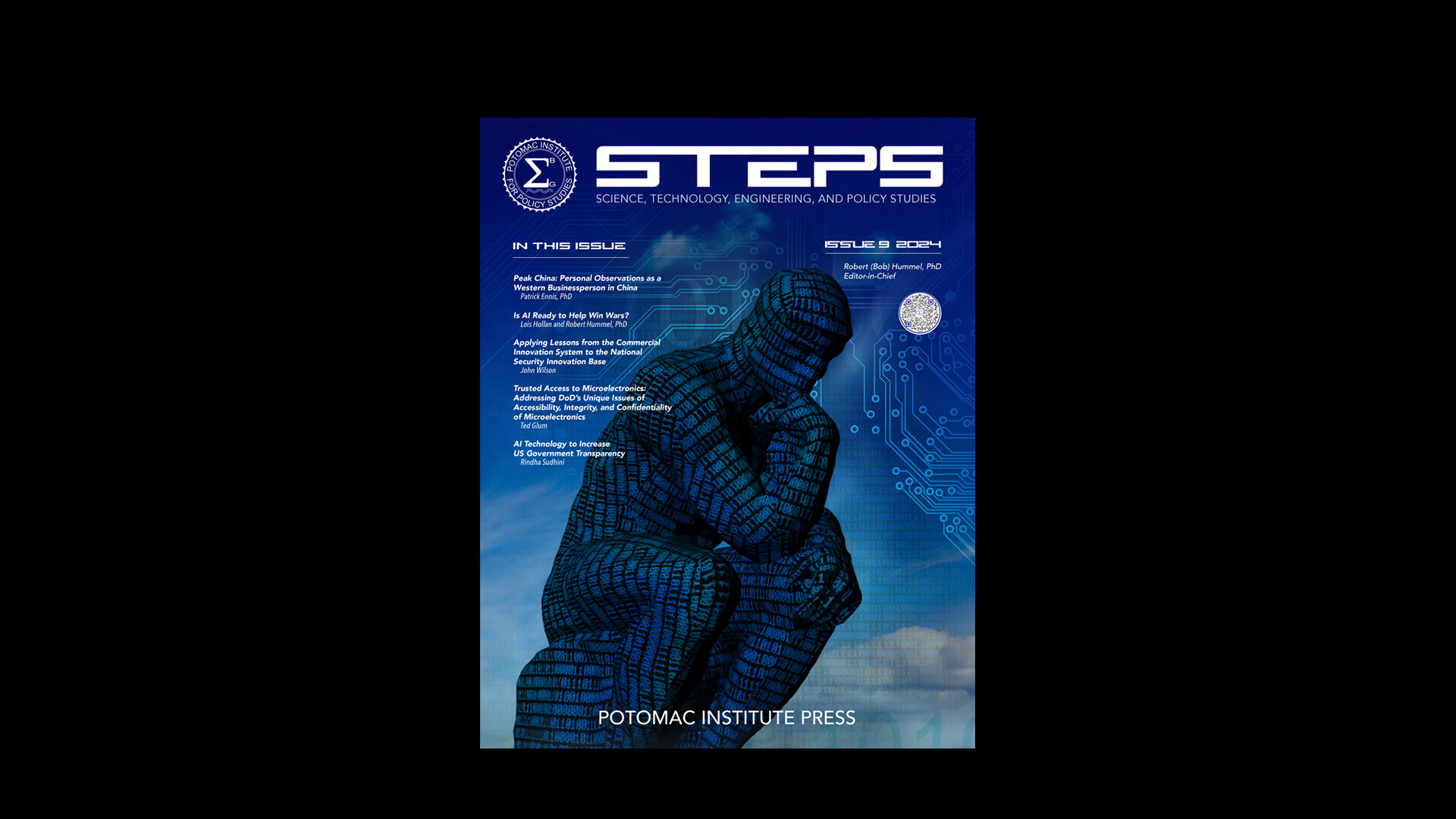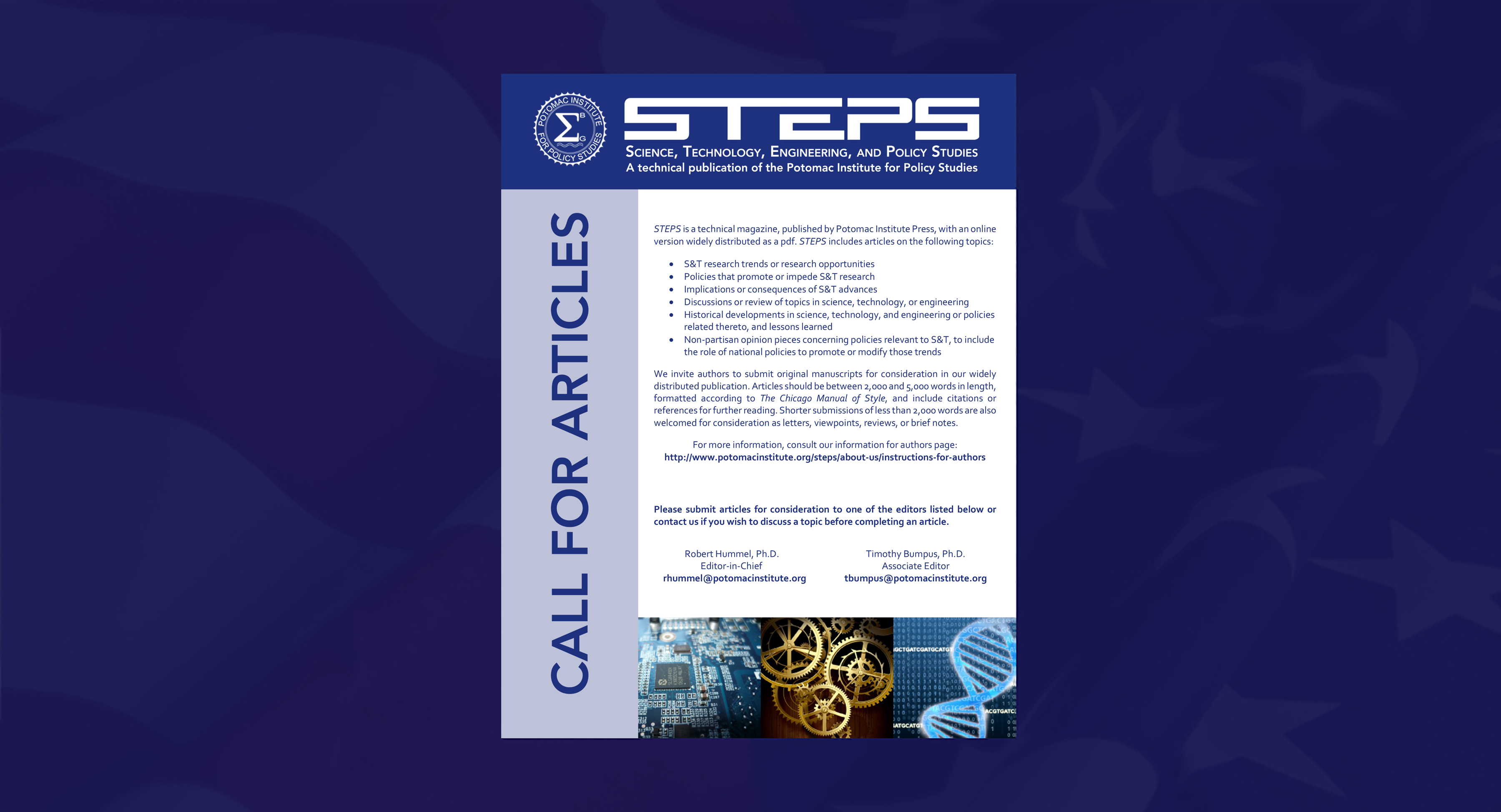Biological terrorism is potentially so destructive that it now ranks as a strategic threat to the U.S., one that represents such potential widespread and profound suffering as to cause significant political consequences. While in office, President Clinton declared a state of national emergency regarding the proliferation of Weapons of Mass Destruction (WMD), and he issued Presidential Decision Directive 39 (PDD-39) and 62 setting out responsibilities to detect, defeat, prevent and manage the consequences of WMD terrorism. Within WMD, biological terrorism is of particular concern because of its unique combination of lethal effects, relative ease of manufacture, and possibility of covert deployment.
Seen as a strategic threat, the potential for biological terrorism raises critical issues of the proper relation between civilian and military sectors; federal, state and local authorities; and domestic and international affairs. This convergence needs to be explored to establish the best division of responsibility among the stakeholders, the preservation of civil liberties for Americans in a continuing situation that has some elements of both peace and warfare, and the policy and process issues that need to be identified, prioritized, and integrated into a cohesive national strategy.
The Potomac Institute has assembled noted researchers from many disciplines to address key aspects of biological terrorism, as well as publishing cutting edge research in this area. The Institute has conducted conferences with recognized experts, providing them a forum to discuss cross cutting issues and to begin to identify overall priority thrusts for policy and process initiatives needed to counter biological terrorism. We have also conducted a seminar wargame to prioritize operator needs and match them to appropriate technological advances. Our goal is to perform required research and to bring together technologists and policy makers to be able to limit U.S. vulnerability to the most critical national security threat of the 21st century. A selection of our content is presented below.
Study Director: Mr. David Siegrist

















